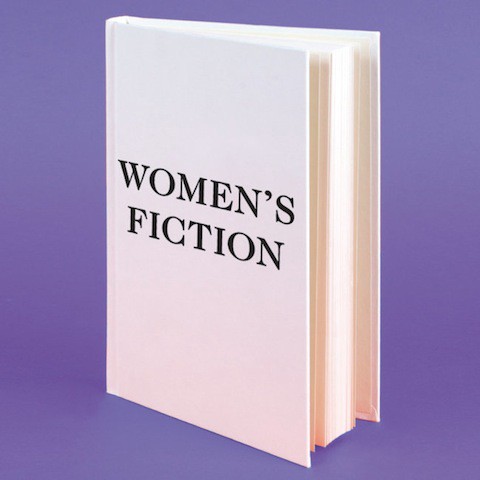I opened the NY Times book review this past weekend and lo and behold there was an essay by the divine Meg Wolitzer called The Second Shelf about how books written by men and women are treated differently.
It was a brilliant piece and I commend the Times for running it especially since we know the numbers of women working and being covered across all areas of that section are unacceptably lower than their male peers. I loved her anecdote when speaking with a man at a party where when she told him she was a writer:
Would I have heard of you?” I dutifully told him my name — no recognition, fine, I’m not that famous — and then, at his request, I described my novels. “You know, contemporary, I guess,” I said. “Sometimes they’re about marriage. Families. Sex. Desire. Parents and children.” After a few uncomfortable moments he called his wife over, announcing that she, who “reads that kind of book,” was the one I ought to talk to.
She hits the problem on the head and the problem transcends literature, it pervades our culture. The problem is the fact that issues related to marriage, families, sex, desire, parents, children, relationships and oh so many others …are seen soft or womanly i.e. not important to the culture, especially when a woman writes about it.
Wolitzer smartly talks about the reception of the writing of Jeffrey Eugenides whose Middlesex is one of my favorite books ever. He also writes about marriage, families, sex, desire…and yet his books are literature and Meg Wolitzer’s books are, well, not seen in the same way.
More from Wolitzer:
The truth is, women who write literary fiction frequently find themselves in an unjust world, even as young single women are outearning men in major American cities and higher education in the United States is skewing female.
The problem is that issues related to anything related to the home are devalued because they are “women’s domain” than issues outside the home which are more the “men’s domain”, and on top of that women’s voices — whatever they write about — are less important because men are perceived to have a certain sense of authority that women are not seen to have.
To add insult to injury, yesterday, the National Magazine Awards announced their 2012 finalists. There are no women nominated in reporting, feature writing, profile writing, essays and criticism, columns and commentary. Yet women are nominated in public interest, personal service and fiction the “soft” categories or as Ann Friedman calls them the “servicey” categories. Women can write about breast cancer, but they can’t write about war. Erin Belieu one of the co-founders of VIDA which each year does “the count” on how many women and men are writing in the major magazines spoke to Mother Jones magazine about the nominations. She said: “When it comes to a career in journalism, chicks should stick to writing about chicks.”
So the rule is: women need to write about women and women’s issues and our body parts yet doing that that keeps women in the pink writing ghetto. At the same time men who write about women’s issues are writing literature — with a capital L because they are capturing issues they have no idea about. So basically, women are screwed either way.
This constant devaluing of women’s spaces, women’s concerns and women’s voices is a big problem. There are many women who want to write about war and science etc. Why are those seen as male topics? Wars are no longer about men. In fact they never were. Watch Women, War and Peace. We need to figure out a way to stop categorizing topics as either male or female.
Where Are the Women Writers? (ASME Edition) — Mother Jones
The Second Shelf — NY Times Book Review






